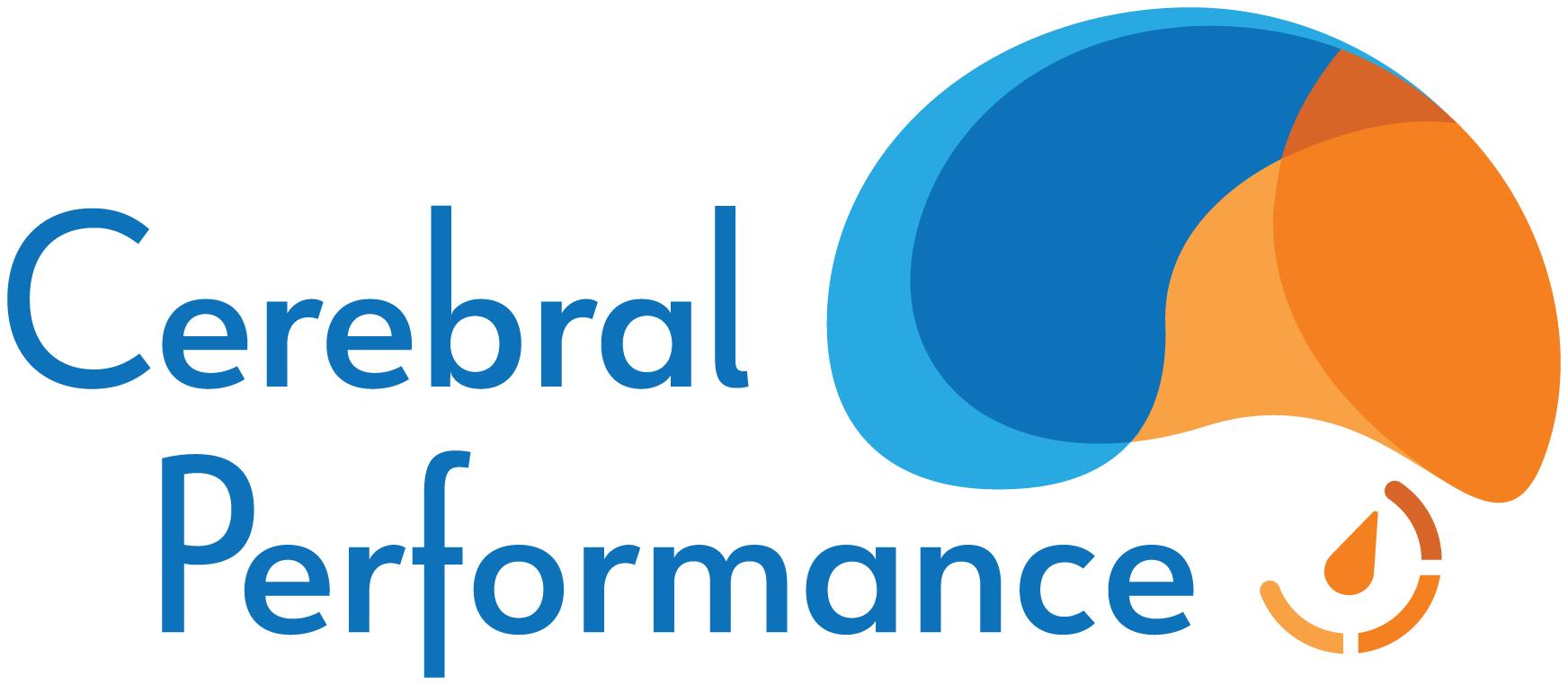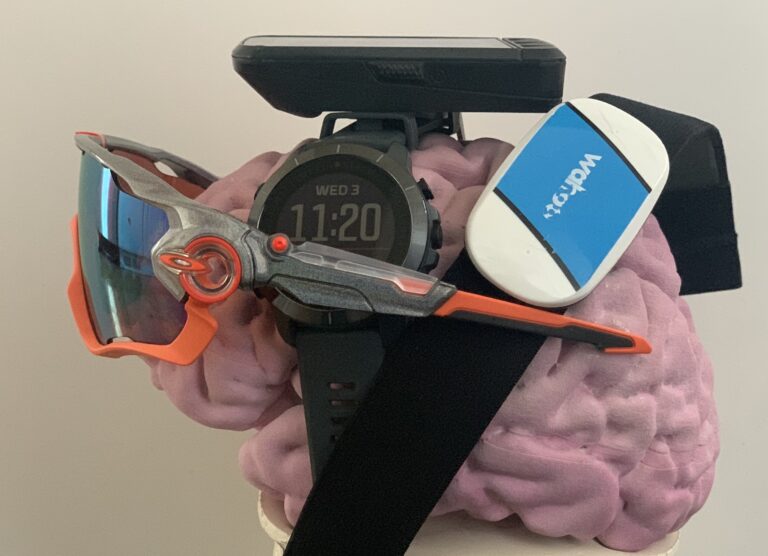Walking the Talk: Mental Strategies Learned from the Belgian Waffle Ride
Experiencing the perspective of the people I serve firsthand has played an invaluable role throughout my career.
I have spent many hundreds of hours lying in MRI scanners because our research always improved when I could make changes based on my experiences as a pilot subject [insert joke here]. Similarly, continuing to compete in cycling and cross country ski racing makes me a better mental performance coach to my athletes.
Last weekend I raced the hashtag#BelgianWaffleRide near Asheville, NC, a notoriously challenging “unroad” race covering nearly 120 miles and north of 11,000 feet of climbing in the summer heat. It was an absolute beast that required me to walk the talk.
Here are three things that I used to keep myself rolling and that you might find helpful:
- When feeling bad, remind yourself that it will soon change, and keep moving forward. A big part of the brain’s job is to predict what is coming next. Our default bias is to assume that things will continue to be as they are right now. That is neither true nor helpful when you are feeling on the edge.
- Pay close attention to your mood. We all think a ton about fueling our muscles, but what slows us first is the brain. Though little more than 2% of our body weight, the brain chews through 20% of our energy budget even at rest. When blood sugar dips by the tiniest amount our brains preemptively grab the brakes. Just before that happens, our mood takes a subtle dip. That is your clue to immediately down some rapidly assimilable carbohydrates.
- How you think about your pain matters. There is no getting around the fact that performing near our limit hurts. Becoming fearful or anxious causes the brain to amplify the pain signals coming from your body. Do your best to remain calm, remind yourself to relax, and accept the discomfort as normal and familiar.







